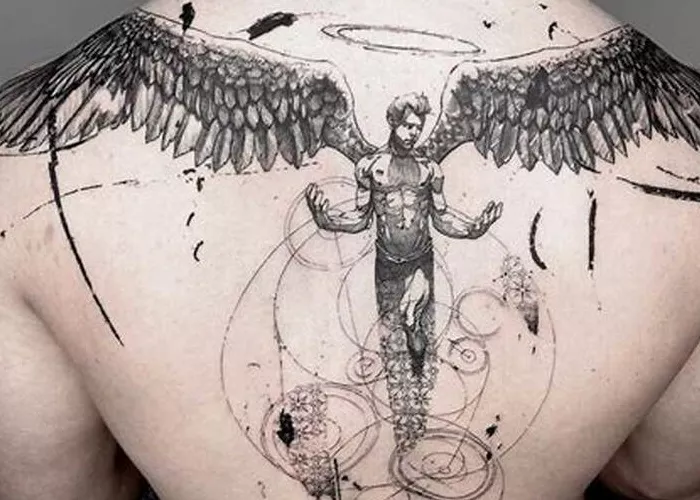A recent study conducted by Bar-Ilan University has shed light on the emergence of a powerful trend in memorial tattoos among Israelis following the October 7 Hamas attack in 2023. The researchers propose that these tattoos serve as expressions of collective grief and cultural identity, providing a unique means for individuals to cope with trauma and confront the existential reality of death.
Utilizing Terror Management Theory as their foundation, researchers Ayelet Oreg, Hilit Erel-Brodsky, and Prof. Orit Taubman-Ben-Ari from the Weisfeld School of Social Work analyzed the phenomenon. The team found that this body art, which commemorates deceased loved ones and symbolizes broader themes of loss, resilience, hope, and empowerment, may help people process trauma and build psychological strength.
The October 7 attack resulted in the deaths of 1,139 individuals and the abduction of 250 more, leaving a profound mark on Israeli society. The collective trauma extended beyond the immediate victims, affecting the entire nation and triggering widespread post-traumatic symptoms.
Tattooing has long been popular in Israel, but the researchers noted a distinct surge in memorial tattoos after the attack. These tattoos often incorporate Holocaust symbols, Israeli national imagery, and motifs that evoke a connection to collective historical memories. According to the study, which was published in Death Studies, researchers gathered 250 images from public Facebook groups and Instagram accounts of tattoo artists to conduct a digital ethnographic and visual data analysis of war-related body art.
Many of these tattoos feature the yellow star used by the Nazis during World War II or the Star of David accompanied by the phrase “Never Again,” linking past trauma with current events. The researchers observed that these designs often include the date “7.10.23,” echoing the identification numbers tattooed on Holocaust victims, as well as religious symbols and verses from the Torah. The team believes these tattoos help strengthen the emotional connection between the Holocaust and recent losses while reaffirming commitments to Judaism and shared religious beliefs.
Additionally, tattoos depicting maps of Israel and motifs representing strength and unity reflect a bond to cultural and national identity, whether referencing the tribe of Judah or the Israel Defense Forces. Other designs highlight scenes of war or moments from the Supernova music festival, which became tragically associated with the events of October 7.
By capturing a range of powerful themes, these memorial tattoos serve as visual testaments to shared grief and resilience, underscoring the profound ways in which art can facilitate emotional healing and reinforce community bonds during times of crisis.
Related topics:

